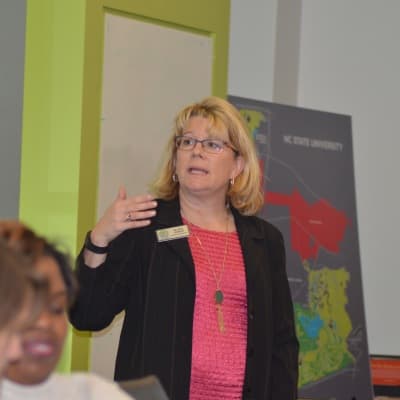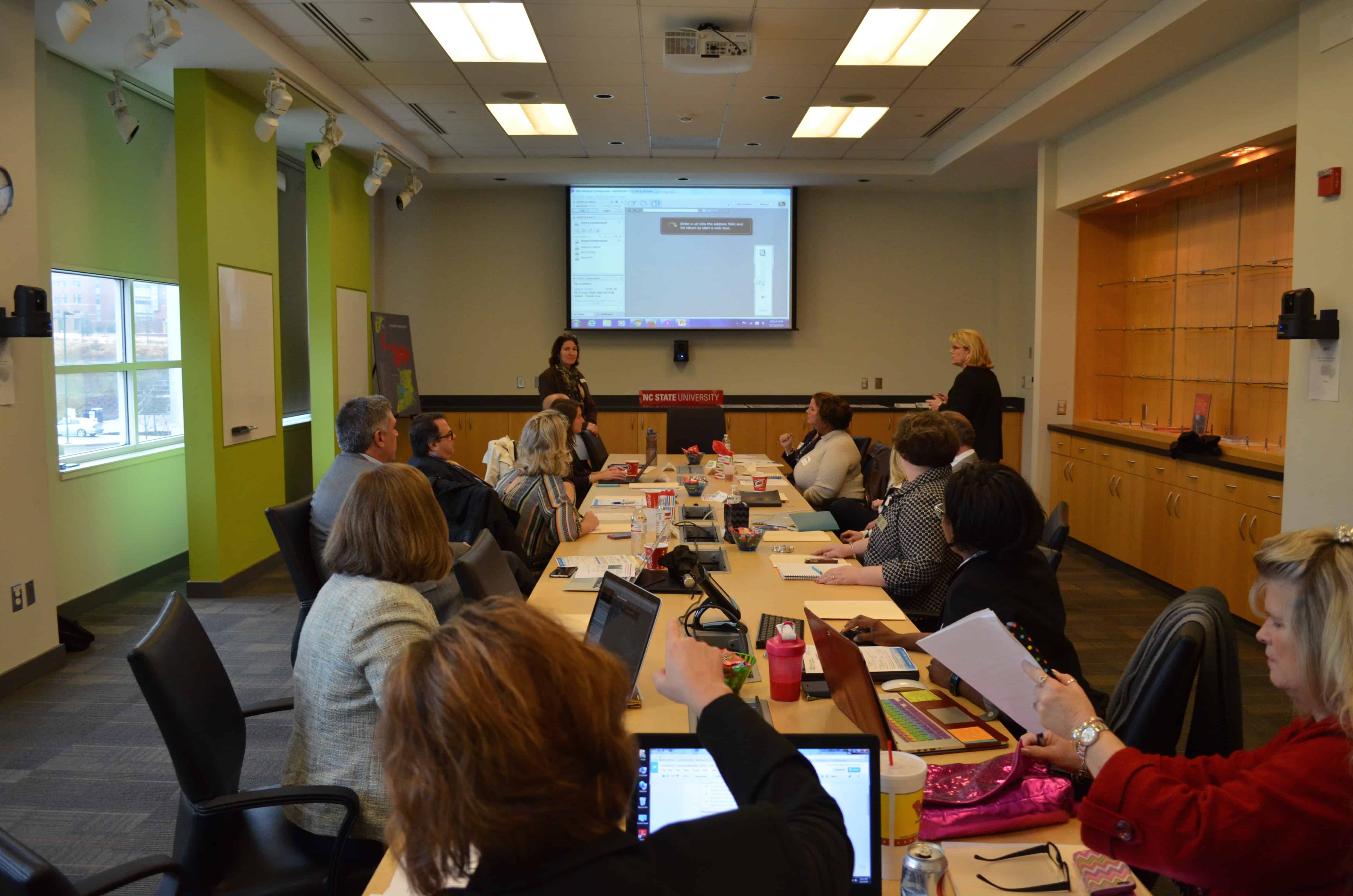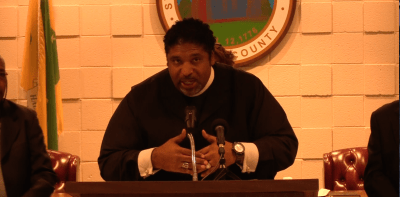Editor’s Note: This article discusses the North Carolina Virtual Public School — the second largest state virtual school in the nation. The newer online charter schools in North Carolina are different.
A state advisory council decided Tuesday to recommend continuing the current funding formula for the North Carolina Virtual Public School (NCVPS).
The NCVPS Advisory Council discussed a NCVPS study examining a variety of options for funding the program in an effort to prevent possible caps on participation some districts have experienced. But the options were mostly found wanting.
“It sounds like the feeling of the group is the current formula is not broken so let’s just maintain the status quo,” said Eliz Colbert, executive director of NCVPS.
Currently, NCVPS is funded by districts with a formula that uses an enrollment projection based on historical information. The projected enrollment is used to determine what fee each district needs to pay for that year’s use of the Virtual Public School.
The problem comes when projections run short. If districts reach the enrollment they’ve paid for, some districts choose to stop enrolling new students rather than come up with the extra money to pay for them.
One possible alternative the Advisory Council has been exploring would move the funding formula to a flat fee. The districts would pay a percentage of their Average Daily Membership funding and would be allowed unlimited enrollment.
But pushback from superintendents around the state on the plan effectively scuttled this option, with some saying that they would end up paying for more enrollment than they actually needed.
Warren County Superintendent and Advisory Council member Ray Spain said the current formula works well enough.
“We have at the beginning of the year a fairly good idea of what our usage is going to be and how much it’s going to impact our budget,” he said.
And he said the idea of a flat fee was concerning.
“I was worried it might penalize us if they changed it,” he said. “It’s not something that’s difficult to manage or expect what our costs are going to be.”
Because of the pushback, the NCVPS staff came up with a number of other options, including one suggested by Superintendent June Atkinson: asking the General Assembly to take the funding burden upon itself. In fact, that’s how NCVPS started.


The General Assembly funded NCVPS for two years from 2007-09, and districts could participate for free, according to Colbert. But then lawmakers pulled the plug.
“It was just an unfortunate decision to not continue to invest in that from the state level,” said Melissa Thibault, Advisory Board Chair and Vice Chancellor for Distance Education and Extended Programs at the North School of Science and Math.
Spain said that during those first two years, lawmakers promised NCVPS was going to stay free for districts. But he didn’t believe them.
“I knew it was coming,” he said. “I knew they would probably try to figure out a way to deduct money from our budget because this was providing the equivalent of a teaching position or teaching positions.”
When the state funding disappeared, a group of superintendents then came up with the current funding formula.
At the end of the discussion of the funding formula study Tuesday, the Advisory Council voted to support keeping the current funding formula with no changes. Colbert will present the study report to the State Board of Education for approval, and from there it will go on to the General Assembly. As part of her presentation, she will explain the thoughts and discussion of the Advisory Council.



